These man-made islands of waste are triggering military, economic, and political fallout.

They started as pollution. Now they’re floating warnings. Trash islands—vast clusters of ocean plastic, fishing gear, and chemical sludge—aren’t just growing in size. They’re drifting into the heart of international conflict. What used to be an environmental tragedy is rapidly becoming a diplomatic time bomb.
These waste masses are disrupting shipping routes, invading sovereign waters, and sparking legal chaos. Coastal nations are accusing each other of dumping, demanding cleanup, or even deploying military vessels to track floating debris. The environmental fallout is brutal—but it’s the political consequences that are just beginning to surface.
Trash doesn’t respect borders, and neither does the crisis it’s creating. As oceans fill up, the garbage isn’t staying invisible anymore. It’s showing up on radar, in fishing nets, and on political agendas. And the ripple effects? They’re about to get a lot harder to ignore.
1. Trash islands are drifting into national waters—and it’s creating diplomatic chaos.
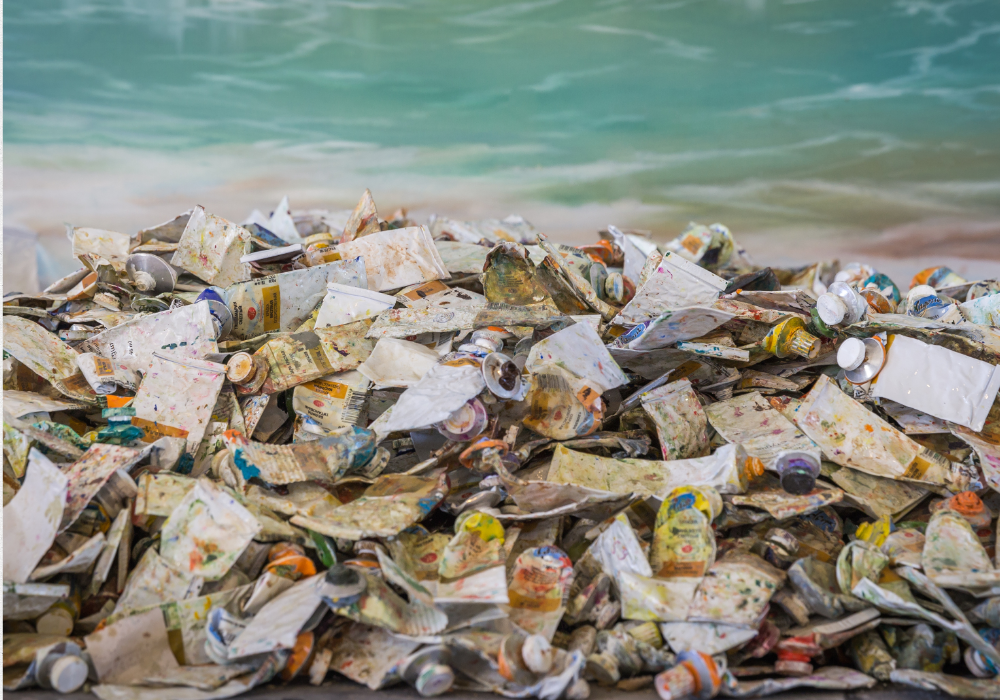
What happens when a massive raft of floating waste crosses into a country’s exclusive economic zone? No one really knows. Trash islands have no nationality, but their arrival sparks real tension. Alexander M. Hynd and Alexine Sanchez at the Lowy Institute report that the Philippines has challenged other nations over marine debris, exposing deeper regional tensions around waste responsibility and cleanup.
Also in the Pacific, floating trash has shown up uninvited near the coasts of Japan and Indonesia. It damages marine ecosystems, disrupts fishing industries, and forces governments into blame games.
Some are calling for reparations. Others are threatening sanctions. And because international law wasn’t built for garbage diplomacy, things are getting messy fast. Floating plastic isn’t just an eyesore—it’s a border dispute waiting to happen.
2. Global shipping routes are being rerouted to dodge floating waste masses.
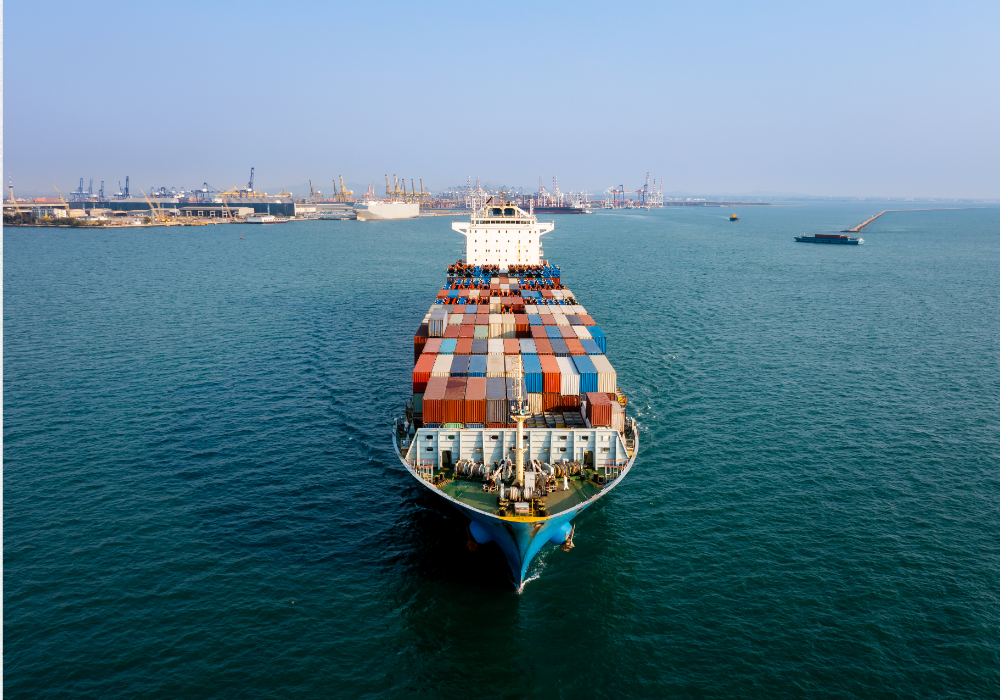
Trash islands aren’t just sitting still. They’re drifting into major trade routes—sometimes stretching for miles, dense enough to clog propellers and damage hulls. The National Oceanic and Atmospheric Administration (NOAA) highlights that large marine debris poses serious hazards to vessels, often damaging hulls and disrupting navigation in busy waterways.
For the global economy, that matters. Shipping is how most of the world’s goods move, and these floating junk zones are forcing the industry to adapt on the fly. Smaller vessels are especially vulnerable, and ports in impacted regions are seeing ripple effects in trade logistics. What started as marine pollution is now a legitimate obstacle to global commerce.
3. Coastal militaries are tracking trash islands like they would enemy vessels.
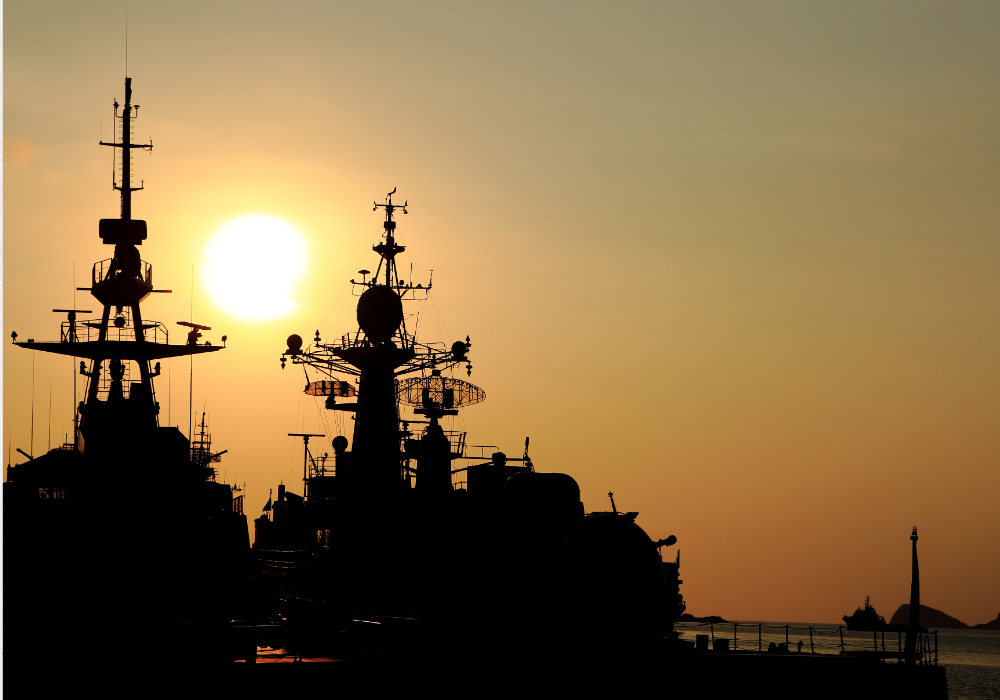
The European Commission’s Joint Research Centre explains that satellites can now track marine litter from space, offering real-time insights into where large debris fields are forming and drifting. When large waste masses drift toward exclusive economic zones, military forces often get involved—not to shoot, but to track and prepare for fallout. Some coastal nations are treating these drifting zones like environmental intrusions, sending ships to investigate or push them back out to sea.
Others are worried the waste might be used as cover for illicit activity. Either way, the fact that naval resources are being diverted to track garbage is a pretty good sign that this isn’t just an environmental problem anymore—it’s a security one.
4. Island nations are being choked by trash they didn’t create.

Small island nations, especially in the Pacific, are drowning in trash they had no part in producing. Currents carry the waste—mostly from wealthier, industrialized countries—and deposit it along coastlines, coral reefs, and fishing zones. These nations don’t have the infrastructure to deal with it, but they’re bearing the brunt of the consequences.
Tourism declines. Fishing collapses. Public health suffers. And still, wealthier nations drag their feet on clean-up, while pushing for more plastic-heavy trade deals. Some island governments are beginning to demand compensation, raise the issue at the U.N., and call out the hypocrisy of climate promises that ignore plastic waste. They’re done being polite about it—and they have every reason not to be.
5. “Who’s responsible?” is becoming a global legal nightmare.
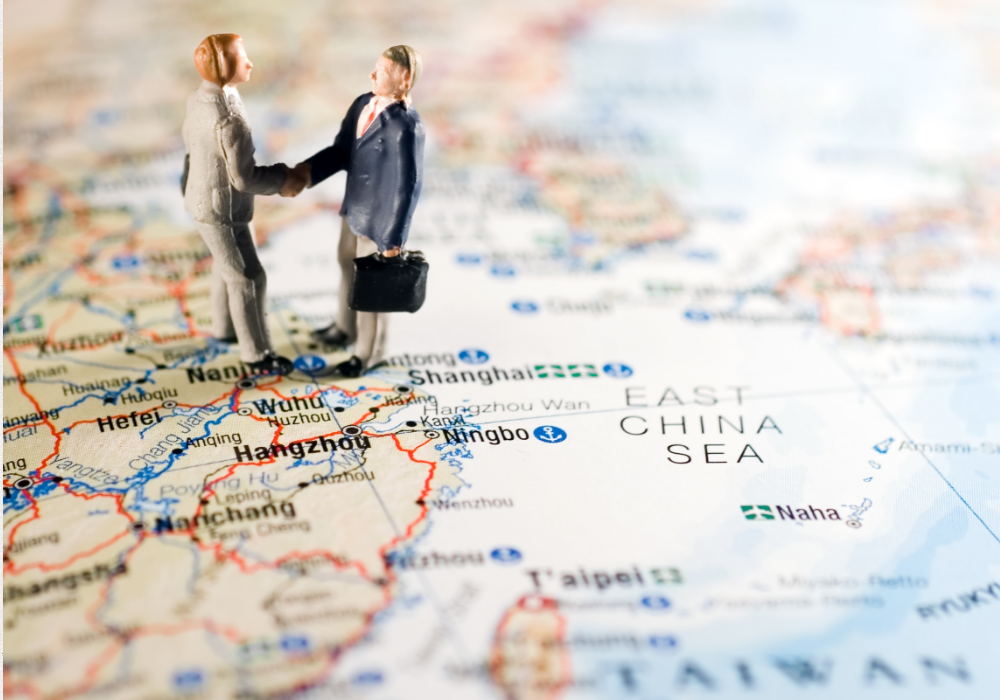
International law doesn’t currently cover floating trash islands. There’s no clear accountability system for tracking where the waste came from—or who’s supposed to clean it up. That’s creating a legal grey zone where everyone blames everyone else, and no one takes responsibility.
Some nations are pushing for binding agreements, but progress is slow and full of loopholes. Corporations dodge liability. Countries deny origin. In the meantime, the trash keeps floating. Legal scholars are calling it “ocean garbage limbo,” and it’s starting to strain international courts. Environmental law wasn’t designed for this scale of waste migration—and the cracks are beginning to show.
6. Climate talks are starting to fracture over plastic pollution.
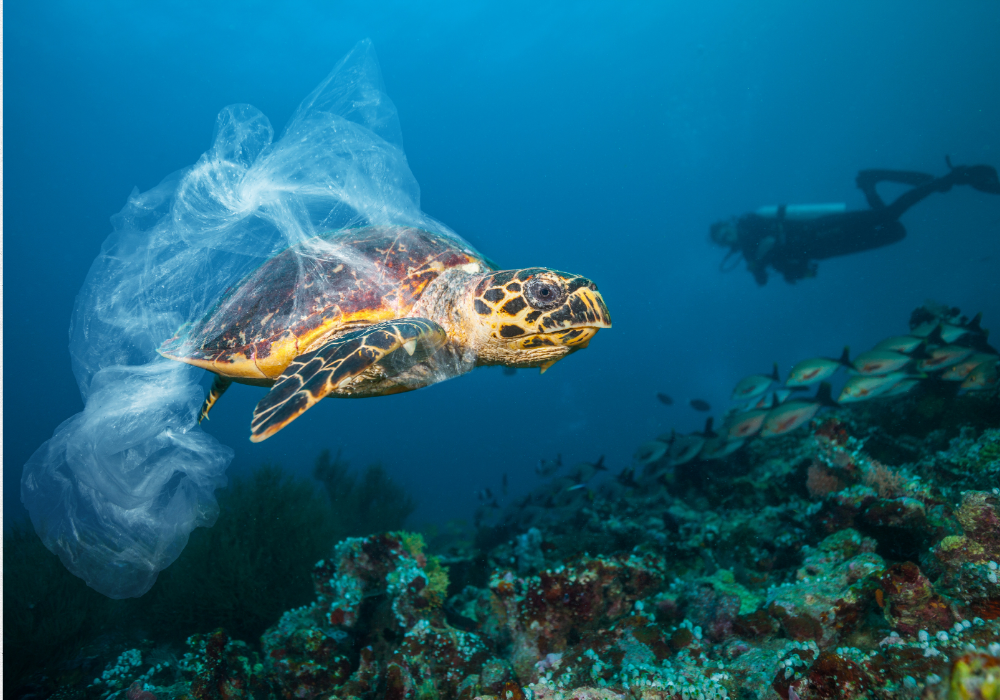
For years, global climate negotiations have focused on carbon, not trash. But that’s changing fast. Countries on the front lines of ocean waste—especially island and coastal nations—are demanding plastic pollution be treated as a climate issue. It’s not just about emissions anymore. It’s about survival.
This push is creating new rifts in global climate coalitions. Wealthier countries, many of which are the largest sources of plastic waste, are resisting binding restrictions. Smaller nations are pushing back hard, threatening walkouts or forming separate environmental alliances. Plastic is no longer just a marine problem. It’s becoming a geopolitical wedge—and it’s reshaping who’s willing to work with whom.
7. Trash islands are fueling anti-globalization backlash in coastal communities.
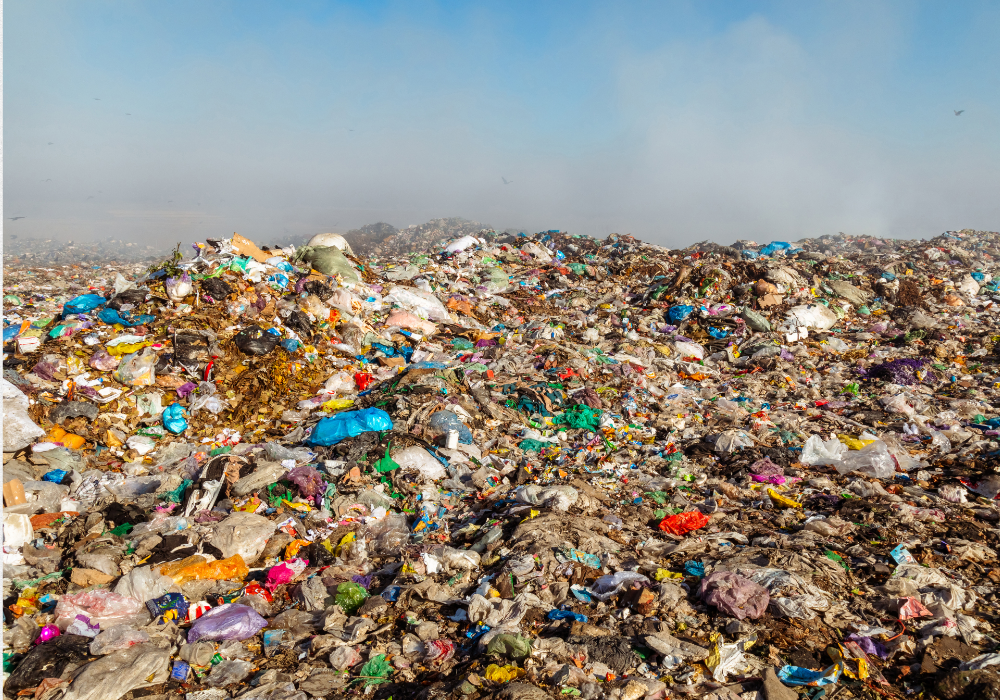
In regions hit hardest by floating waste, frustration is boiling over—and it’s not just directed at polluting nations. Locals are starting to question the entire system that allowed this to happen: globalized trade, offshore manufacturing, and unchecked consumerism. The plastic washing up on their shores is physical proof of a system that benefits the powerful and punishes the vulnerable.
This anger is shifting politics. In some places, it’s driving anti-globalist candidates into office. In others, it’s leading to community-led bans on imports, increased border controls, or demands for local self-sufficiency.
Environmental collapse has always had political consequences—but now, that trash piling up on beaches is turning into votes, protests, and sharp policy shifts. And while the causes are global, the backlash is very, very local.
8. Waste management is becoming a tool of international leverage.
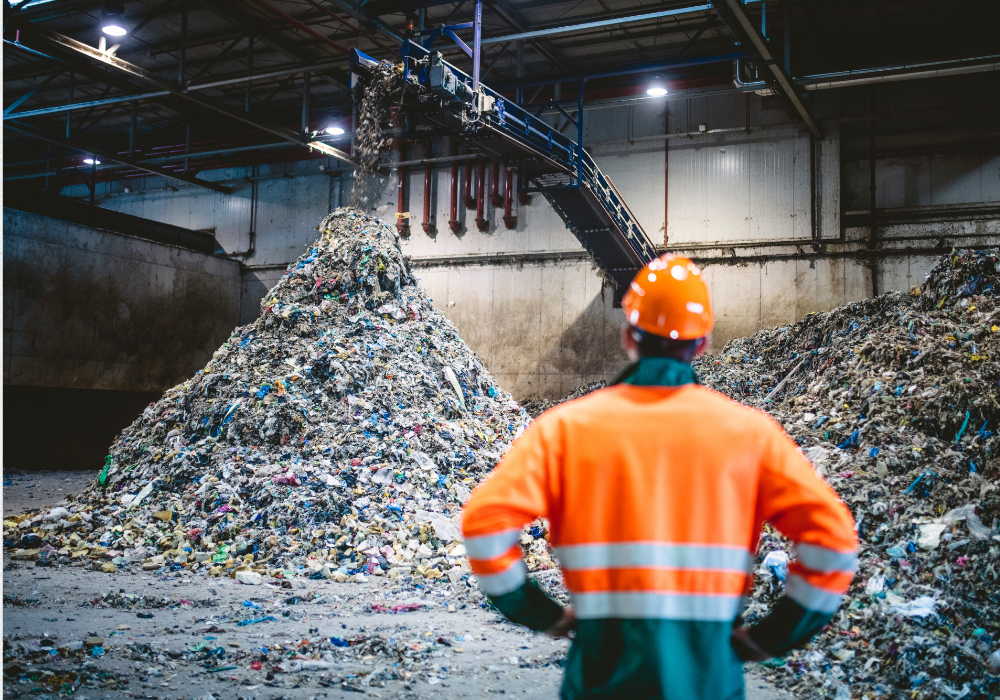
Not every country has the same ability to deal with plastic waste. That’s starting to become a bargaining chip. Wealthier nations with advanced recycling or incineration systems are beginning to use trash cleanup and export deals as a form of soft power. Meanwhile, poorer nations are being pressured to accept waste they didn’t produce, often under the guise of “recycling partnerships.”
This creates a lopsided dynamic where trash equals power. Nations that can process waste wield influence; those that can’t are stuck cleaning up the mess. In negotiations unrelated to the environment—like trade or military alliances—trash management is quietly being used as leverage. It’s diplomacy with a side of garbage, and it’s shaping international relationships in ways that are mostly invisible… until they’re not.
9. Fishermen and coastal workers are being pushed into political organizing.
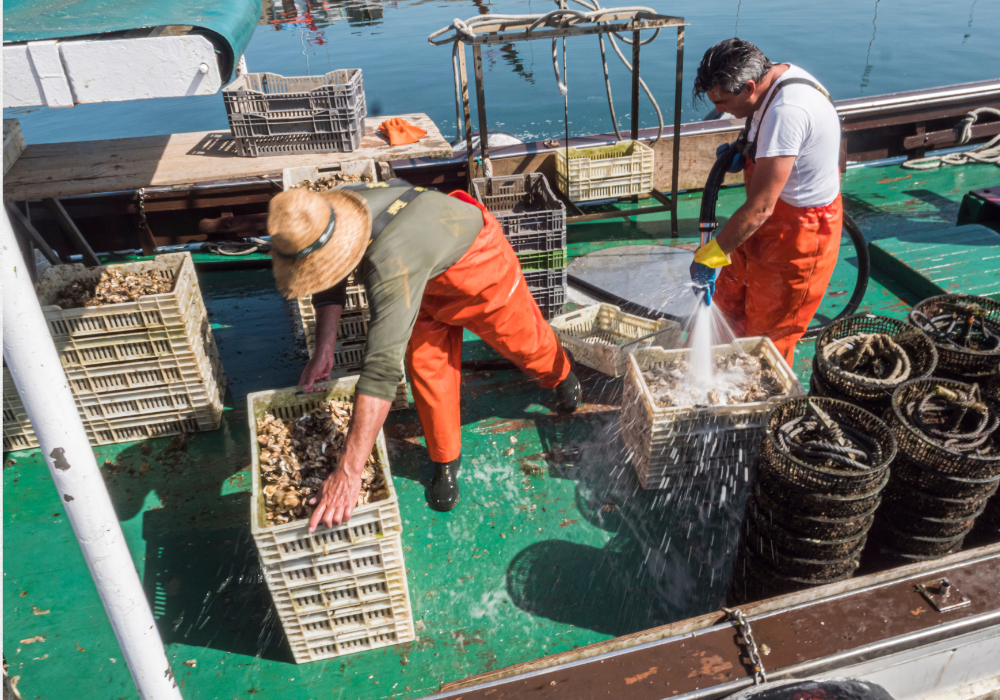
Trash islands don’t just harm ecosystems—they destroy livelihoods. Fishermen are pulling plastic instead of fish. Ports are losing income. Coastal workers are seeing their jobs vanish as the water becomes less navigable and more toxic. And they’re getting angry.
In response, local labor groups and fishing unions are stepping into environmental politics. They’re forming alliances, showing up at climate conferences, and pushing for stricter regulations on corporate polluters. Some are even launching lawsuits against companies and governments. These aren’t traditional activists—they’re survivalists. But when survival means fighting the systems that let this trash float in, they’re stepping up. And their voices carry weight, especially in coastal economies that can’t afford to lose any more ground.
10. Trash islands are tanking coastal economies and reshaping trade priorities.
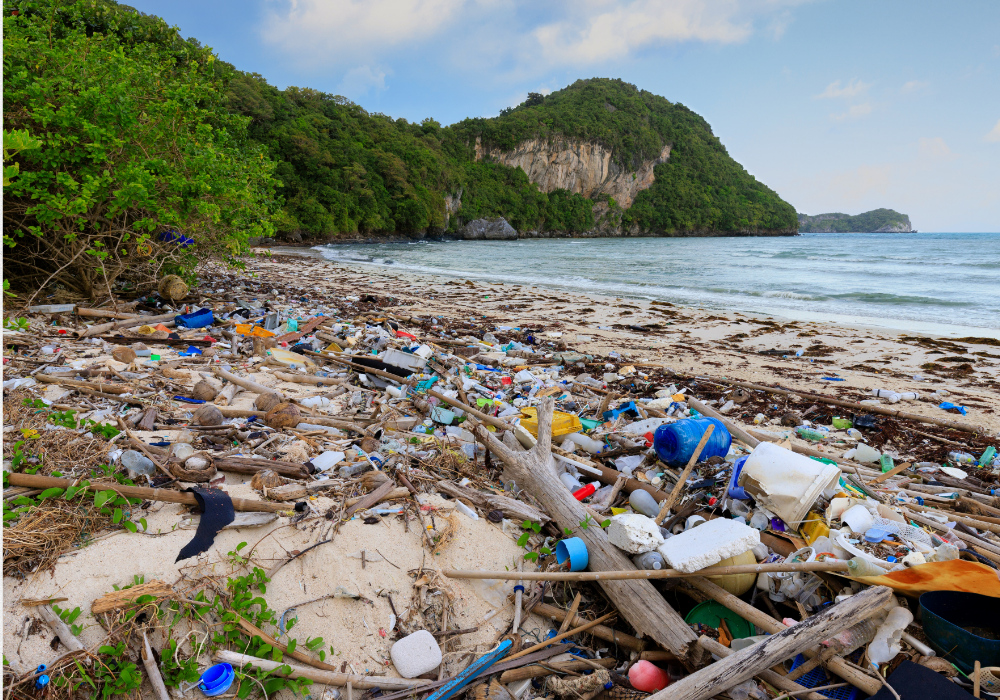
When trash washes ashore, it doesn’t just hurt the environment—it kills economies. Fishing stops. Tourism dries up. Cleanup costs explode. And coastal governments are being forced to make brutal budget decisions: fund healthcare or fund trash removal? Fix schools or fund barrier construction?
Some nations are rethinking trade deals entirely, prioritizing agreements that include environmental accountability or import regulations tied to waste output. Others are raising tariffs on heavily packaged goods or refusing shipments from high-polluting countries.
Trash islands are forcing countries to calculate risk differently—not just ecological risk, but economic survival. For some small nations, it’s not just about keeping the beaches clean. It’s about whether they can afford to stay on the global map at all.
11. Trash islands are warping marine ecosystems in ways that spread beyond borders.
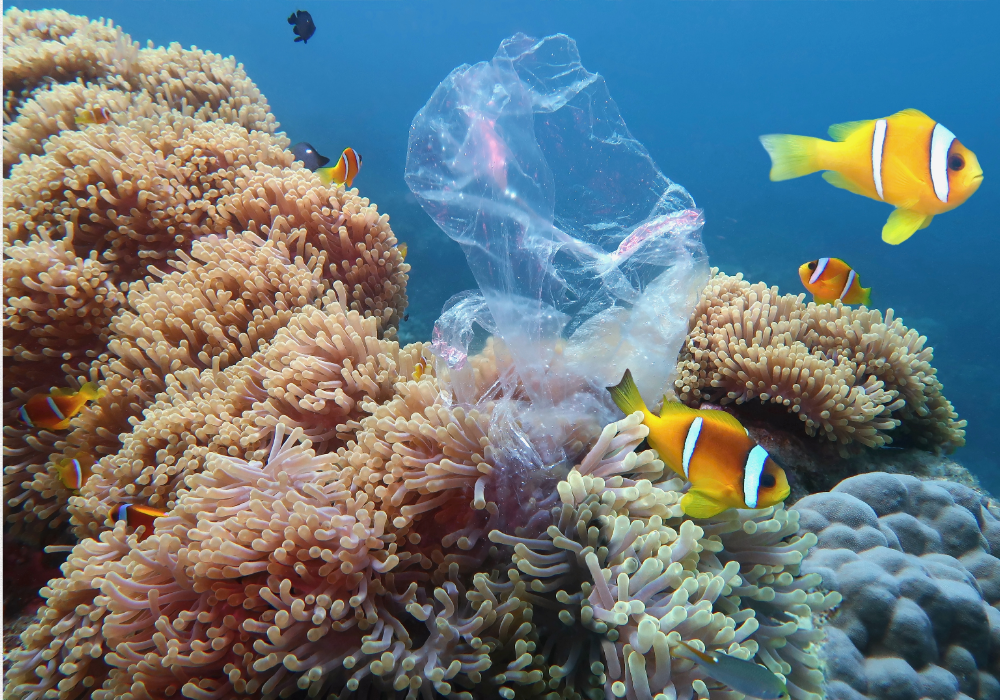
Floating trash doesn’t just drift—it carries life with it. Scientists are finding invasive species hitching rides on plastic debris and colonizing coastlines thousands of miles from their native habitats. That’s reshaping entire ecosystems, wiping out native species, and causing long-term damage to fisheries and coastal economies.
Because these new species arrive via trash, traditional border protections or conservation efforts can’t stop them. Countries are suddenly dealing with ecological invasions they didn’t see coming—and no one can agree on who’s responsible. Trash islands have become floating ecosystems of their own, creating environmental ripple effects that stretch far beyond their physical footprint. What used to be local conservation issues are now becoming international crises—with consequences that will play out for decades.
12. Trash islands are exposing how unprepared the world is for slow disasters.

Trash islands don’t explode like hurricanes or wildfires, but they’re still disasters—and the world isn’t set up to respond to them. Emergency aid, international relief funds, and NGO support are built around fast, visible crises. Slow, creeping environmental collapse? That doesn’t get a hotline or a press conference.
As trash floods coastlines, small nations are left to self-fund cleanup, even when the waste clearly comes from wealthier countries. There’s no playbook, no relief network, and no U.N. deployment plan for a floating continent of garbage. This isn’t just about pollution—it’s about how the global response system still only sees disaster in explosions, not erosion. And it leaves the most vulnerable without a lifeline.